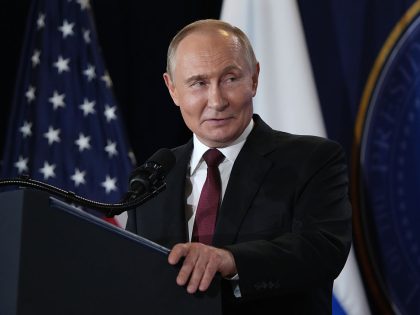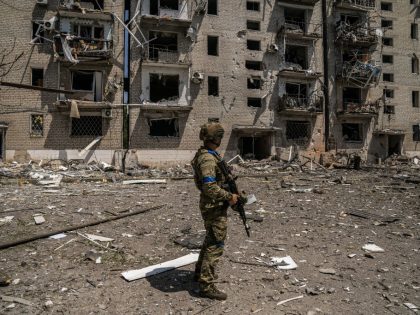
Revolutions Look Different According to Authoritarian or Democratic Conditions
The Russian Revolution led to revolutionary upheaval in countries far beyond Russia. Looking at Russia’s imperial borderlands like Finland suggests that socialist struggle can look wildly different in autocratic versus parliamentary conditions.

















